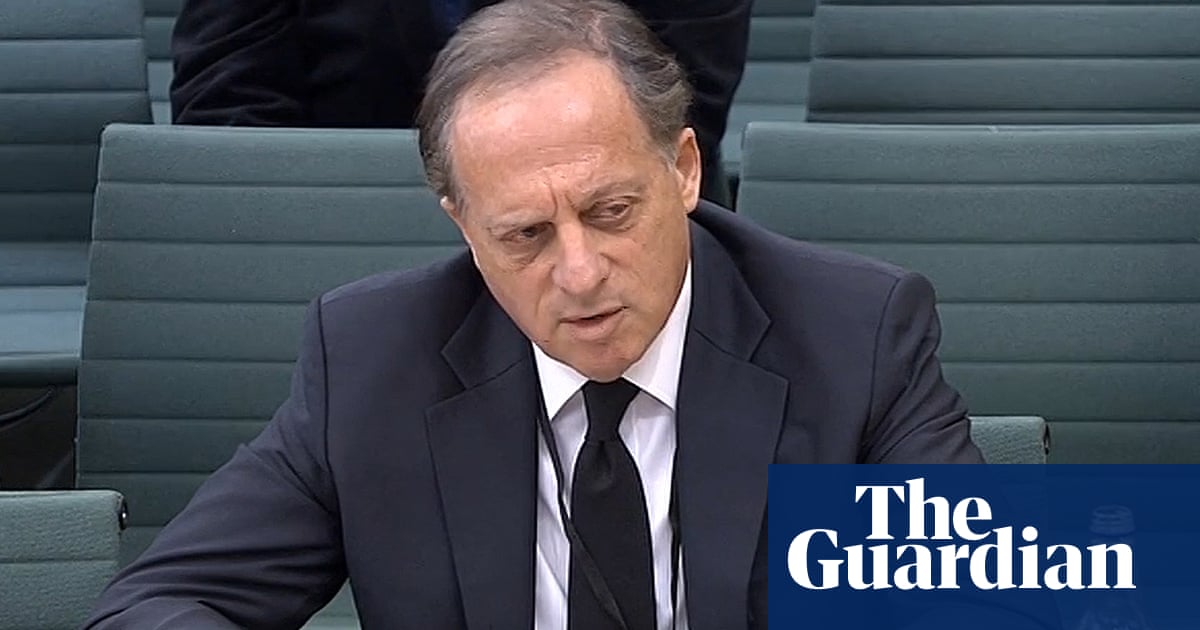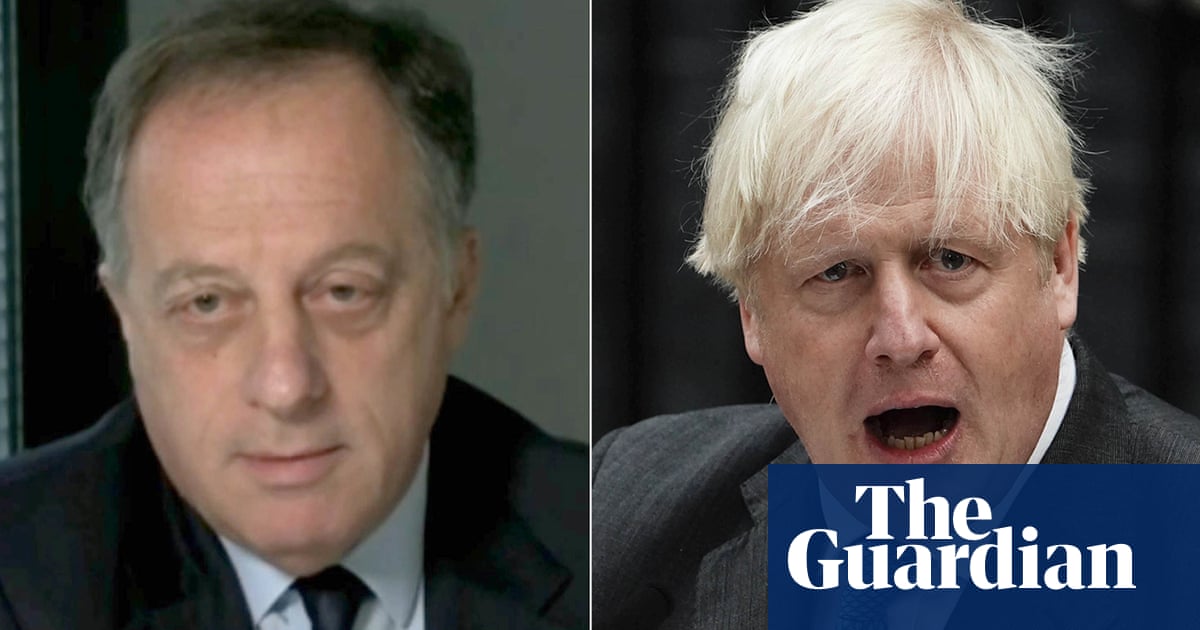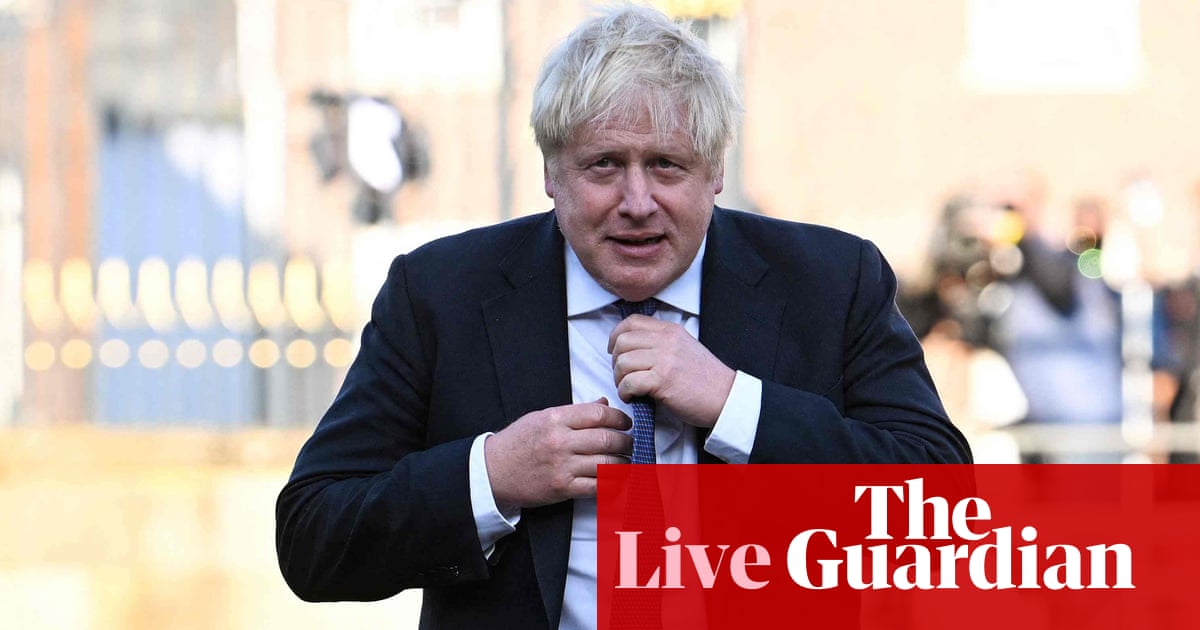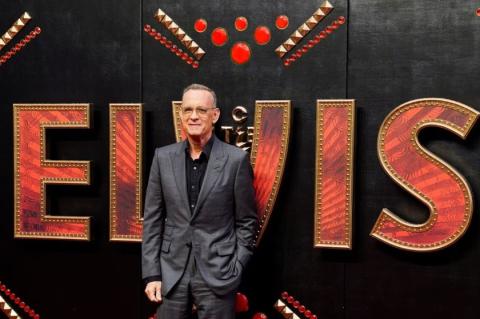
n Thursday afternoon the government’s preferred candidate for the chair of the BBC, Richard Sharp, will appear before the Digital, Culture, Media and Sport (DCMS) committee as part of the process that leads to his formal appointment to a four-year term at the apex of the BBC hierarchy.
When news of Sharp’s appointment broke last week, left-leaning commentators were quick to call it another example of Tory cronyism: Sharp has given more than £400,000 to the party or its MPs since 2001. He is also reported to have mentored the chancellor, Rishi Sunak, at Goldman Sachs and to have acted as an economic adviser to Boris Johnson when he was London mayor.
Conservative commentators replied, reasonably enough, that Labour’s record was no better. Twenty years ago, Blair appointed the Labour donor (and Goldman Sachs partner) Gavyn Davies as BBC chair. Davies, who was later forced to resign after the Hutton inquiry, was also very close to the then chancellor, Gordon Brown, whose office was headed by Davies’s wife, Sue Nye.
This unedifying debate distracts from the real issue with all these appointments – that the chair of an organisation with a self-described mission to “hold power to account” is appointed by the government. As one BBC insider remarked on Sharp’s appointment: “Whatever you think of bankers, he is very client-friendly, and our biggest client is the government.” At best, it is a system that threatens the BBC’s independence; at worst, its very public purpose.
The first chair to have ambitions and a mandate to change the culture of the BBC was the Conservative peer Charles Hill. His appointment in 1967 signalled the beginning of the end for the much celebrated “golden age” of growth and innovation at the BBC under director general Hugh Greene. As chair, Hill marginalised Greene, strengthened governmental oversight and commissioned a series of reports from McKinsey, leading to unpopular organisational reform and a severe loss of morale.
If appointments to the role of BBC chair have usually been less controversial, it is not because the mechanism itself has become more political, but that there has usually been a higher degree of elite consensus. Lord Hill was not appointed by his own party, but by the Labour prime minister Harold Wilson. Davies was certainly close to the Labour party, but he had served as an adviser to the Conservative treasury – and as an investment banker, he was hardly a figure of the left. When establishment consensus and constitutional niceties are broken, it tends to be by the right. It was the Thatcher era that saw the most overly politicised appointments to the BBC, with the chair Marmaduke Hussey eventually orchestrating the removal of the director general Alasdair Milne.
To some extent, therefore, Sharp’s appointment as chair follows the general pattern: an establishment figure with close ties to the government of the day. Just like the incumbent chair, David Clementi, Sharp studied PPE at Oxford, worked in investment banking and has held a position at the Bank of England.
Given the context of his appointment, however, and what we know about his political affiliations, there are very good reasons to be concerned.
First, Sharp will serve alongside a director general, Tim Davie, who was a Conservative party member and business executive, creating a rightwing, market-oriented duo at the top of the BBC. Second, like Clementi, he arguably has more power than previous BBC chairs, who headed boards kept at one remove from the management.
Finally, Sharp is not merely a Conservative, and not even merely a Conservative donor. Since 2002 he has been a director of the Centre for Policy Studies (CPS), the Westminster thinktank founded by Margaret Thatcher and Keith Joseph to win over the Conservative party to what would later be called neoliberalism. Given the size of his donations to the Tories, Sharp is also likely to be a major donor to CPS (the CPS refuses to identify its funders).
Sharp’s family foundation donates to the Institute for Policy Research, an obscure charitable organisation that funnels money to the CPS – as well as to other organisations aligned with the right of the Conservative party, among them the Taxpayers Alliance, MigrationWatch UK and News-watch, an organisation that has produced a number of reports alleging anti-EU bias in BBC reporting. His foundation has also funded the controversial counter-extremism organisation Quilliam, which lobbies in support of strict counter-terrorism policies.
Sharp’s prominence in the British conservative movement is a worry for the political independence of the BBC – but what is more worrying still is that he arrives at a time when the future of public media is in jeopardy. BBC supporters breathed a sigh of relief at the departure of Dominic Cummings from No 10, but Sharp is drawn from the same political milieu; if his CPS affiliation is anything to go by, he will be no friend of public service broadcasting. Allegations of liberal-left bias and endless “culture wars” make the headlines, but what has really driven government media policy is the commercialisation of programme-making and the erosion of the BBC’s public service ethos.
Central to the rightwing critique of the BBC is the assumption that culture is not a common resource to be publicly supported, but a matter of personal preference – something to be consumed or, for the wealthy, patronised. What truly offends the neoliberal sensibility about the BBC is that citizens are compelled to support an organisation that offers no mechanism for market-based consumer preference. The BBC has never really mounted an effective response to this critique.
Generally, it has instead pointed to the quality of its output and, quite correctly, to the greater efficiency and value for money that public provision offers. The latter point might seem counterintuitive given that we normally associate efficiency with the private sector. But profitable private media requires considerable investment in marketing and customer management, which have significant costs.
The challenge for public provision is that it requires political support. The right has always been more attentive to the politics of the media than the left, and there is now a concerted effort under way to reshape the media environment in the UK, as is evidenced by GB News, Times Radio, and a new broadcaster in the offing from News UK.
The right’s strategy is not to take the BBC head on, but to usher in a new media regime dominated by corporate players. The debates and negotiations around the future of the BBC between now and 2027 will determine what shape this emergent media system takes. The present direction of travel promises highly politicised broadcasters and a global oligopoly of rival digital content platforms – perhaps with some requirements for public interest content at the margins. Such a system of journalism and cultural production will be no more responsive to audiences than the BBC, and crucially will not offer the universal provision that should be core to its mission.
A BBC headed by Davie and Sharp is highly unlikely to publicly champion universality in news, education and culture, still less a vision of accountability outside market mechanisms or the state, which is exactly what a modern public platform might offer us. If we want a BBC that can deliver on the great promise of public media in the digital age, these arguments and this vision will have to come from elsewhere.
• Tom Mills is lecturer in sociology at Aston University. He is the author of The BBC: Myth of a Public Service












